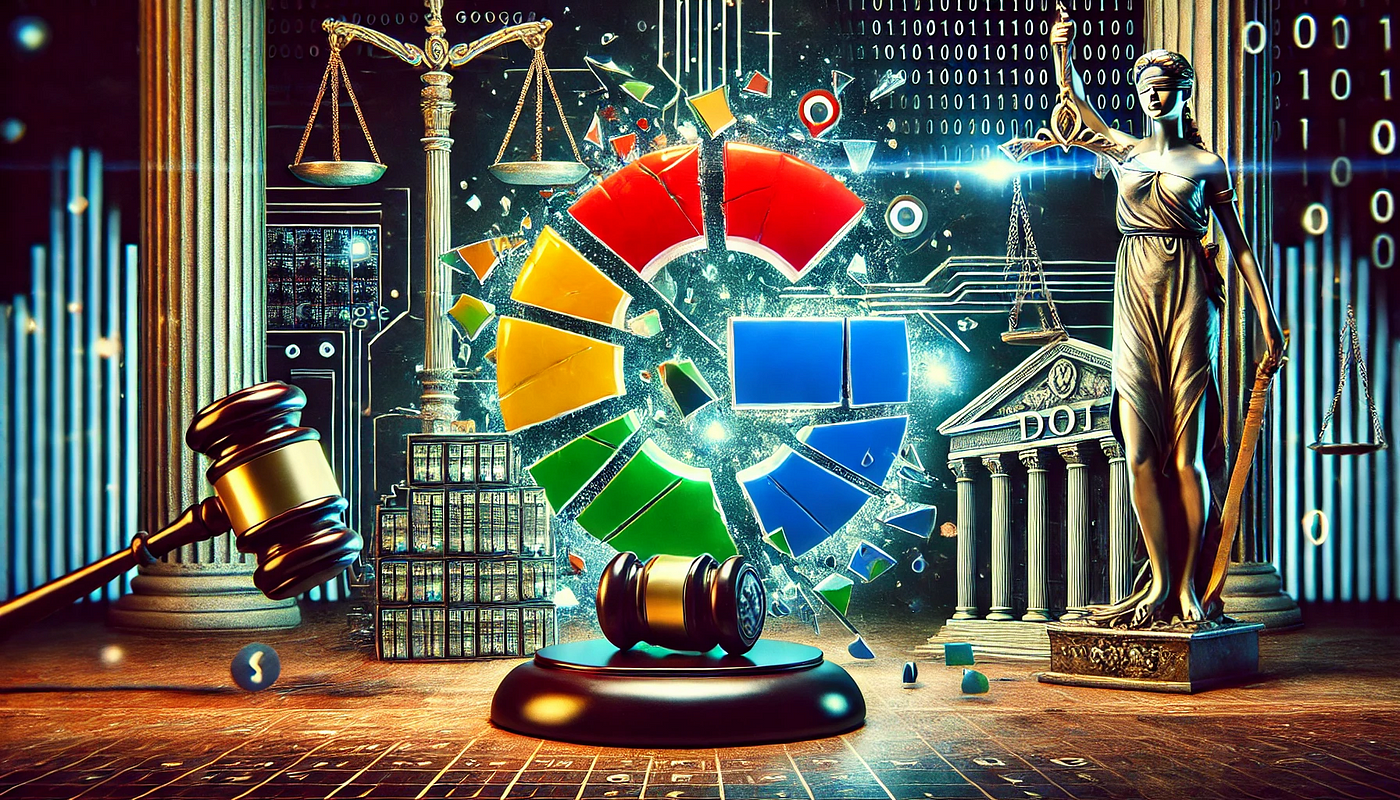The battle for control over the internet is heating up, and at the center of this conflict is Google—a giant that has shaped how we search for information online. The U.S. Department of Justice (DOJ) is challenging Google’s dominance in the search engine market, raising serious questions about the future of not just Google, but the entire tech industry. Understanding this case is crucial because it affects how we access information, the innovations we can expect, and the overall balance of power in technology.
What’s Happening?
The DOJ has filed a proposal aimed at breaking up Google’s search monopoly. This means they want to make significant changes to how Google operates its search engine, as they believe its current practices are illegal and harmful to competition. The DOJ argues that Google uses its dominant position to control not just search results but also emerging technologies, particularly artificial intelligence (AI).
Key Points to Remember:
- Antitrust Lawsuit: The DOJ is pursuing legal action to challenge Google’s monopoly. An antitrust lawsuit aims to promote fair competition and protect consumers from unfair business practices.
- Structural Changes: The DOJ wants to separate parts of Google’s search business. This could allow smaller companies to compete more fairly.
- Behavioral Changes: Proposed changes include requiring Google to share search data with competitors and allowing websites to control how their content is used, especially in training AI systems.
- Oversight Committee: The DOJ suggests creating a “court-appointed technical committee” to monitor Google’s compliance with these new rules.
- Google’s Response: Google has defended its practices, claiming that government intervention could stifle innovation and hurt consumers. They argue that breaking up their search business would undermine their ability to compete globally.
Why Is This Important?
- Consumer Choice: Google’s dominance limits the options available to consumers. By breaking up its monopoly, users might get better alternatives and more diverse search results.
- Impact on Innovation: The tech industry thrives on competition. When one company dominates, it can stifle new ideas and developments. A more competitive landscape could lead to exciting innovations, especially in AI.
- Future of AI: As AI becomes increasingly important, controlling how data is used is crucial. Google’s access to vast amounts of data makes it a powerful player in AI development, potentially at the expense of smaller companies.
- Regulatory Trends: This case is part of a broader trend where regulators worldwide are scrutinizing Big Tech companies. In the European Union and the UK, similar investigations are underway to ensure fair practices in the digital economy.
Building Your Knowledge in This Field
Understanding the dynamics of tech monopolies and regulatory actions is essential, especially as technology continues to evolve rapidly. Here are some steps to deepen your knowledge:
- Follow News Trends: Stay updated on tech news, especially regarding regulatory changes and major lawsuits against tech companies. Websites like Cointelegraph and others can be helpful.
- Learn About Antitrust Laws: Familiarize yourself with the basics of antitrust laws and how they protect consumers and promote competition.
- Explore AI Developments: Follow advancements in AI technology. Understanding how these technologies work and their implications will give you insights into future innovations.
- Engage in Discussions: Join forums or social media groups focused on technology and policy. Engaging in conversations with others can provide different perspectives and deepen your understanding.
- Think Critically: Analyze the implications of tech monopolies on society. Consider both the benefits and drawbacks of having a few dominant players in the market.
By enhancing your knowledge in these areas, you’ll be better equipped to navigate the rapidly changing landscape of technology and understand its impact on our lives. This is not just a story about a legal battle; it’s about how we interact with the digital world and what the future holds for innovation and consumer rights.



